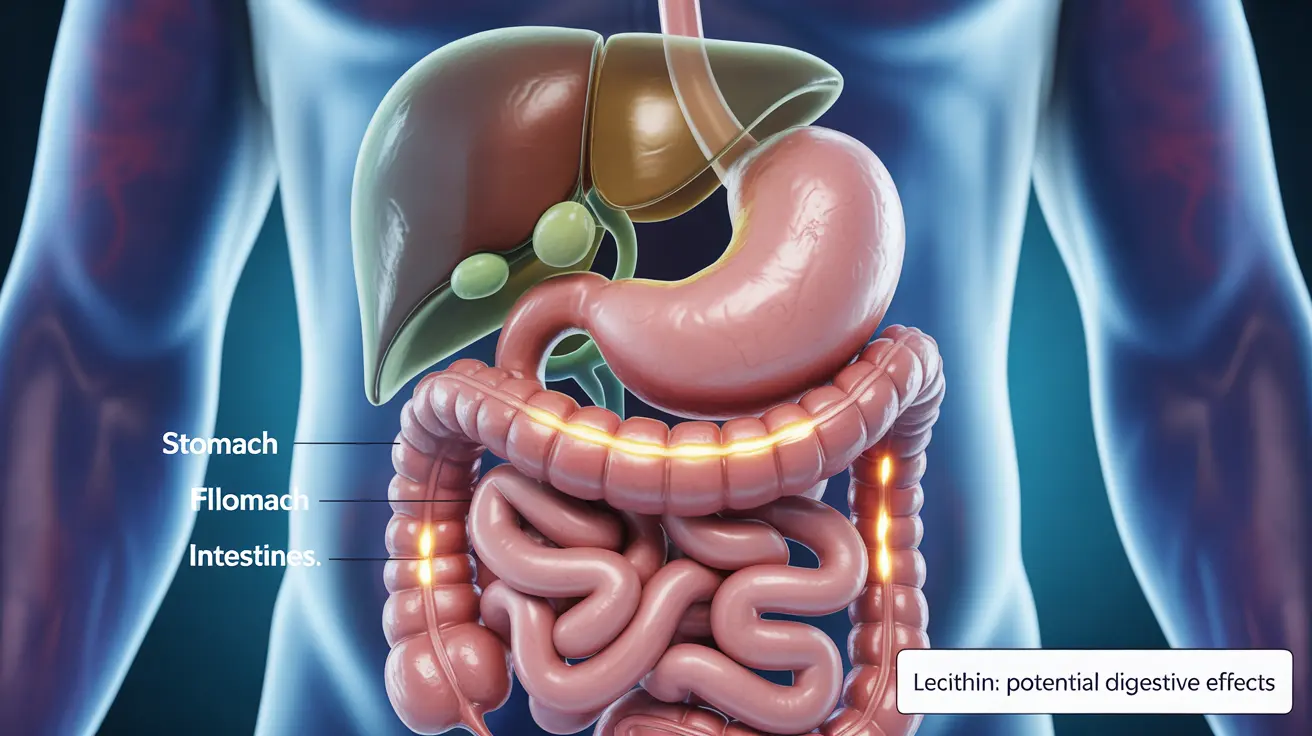Lecithin, a naturally occurring compound found in foods like soybeans, eggs, and sunflower seeds, has gained popularity as a dietary supplement. However, understanding its potential drawbacks and safety concerns is crucial for making informed decisions about its use. This comprehensive guide explores why lecithin might not be suitable for everyone and what risks you should be aware of.
Understanding Lecithin and Its Effects on the Body
Lecithin is a type of phospholipid that plays various roles in the body, including maintaining cell membranes and supporting nerve function. While it's generally considered safe when consumed in food amounts, supplemental forms may pose certain risks and concerns that deserve careful consideration.
Common Side Effects and Digestive Issues
One of the primary concerns with lecithin supplementation is its impact on digestive health. Many users report experiencing gastrointestinal disturbances, which can range from mild to severe:
- Nausea and stomach discomfort
- Diarrhea
- Increased bowel movements
- Abdominal pain
- Bloating
These digestive issues often occur when taking higher doses or when starting supplementation too quickly. Starting with a lower dose and gradually increasing it may help minimize these effects.
Allergy Risks and Sensitivities
Lecithin supplements can trigger allergic reactions, particularly in individuals with specific sensitivities:
- Soy allergies (when derived from soybeans)
- Egg allergies (when derived from egg yolks)
- Sunflower seed allergies (when derived from sunflower seeds)
Symptoms of an allergic reaction may include skin rashes, itching, difficulty breathing, and in severe cases, anaphylaxis. It's essential to check the source of lecithin in supplements and avoid those derived from allergens you're sensitive to.
Safety Concerns and Drug Interactions
Lecithin supplementation may interact with various medications and affect their effectiveness. Key considerations include:
- Possible interactions with blood-thinning medications
- Impact on medications metabolized by the liver
- Potential effects on blood pressure medications
Always consult with a healthcare provider before starting lecithin supplements, especially if you're taking any prescription medications.
Special Populations and Precautions
Pregnancy and Breastfeeding
While lecithin naturally occurs in many foods, supplemental forms require careful consideration during pregnancy and breastfeeding. Limited research exists on its safety during these periods, making it advisable to stick to food sources rather than supplements.
Pre-existing Medical Conditions
Individuals with certain health conditions should exercise caution with lecithin supplementation:
- Liver disease
- Kidney problems
- Blood clotting disorders
- Autoimmune conditions
Frequently Asked Questions
- Why can lecithin cause digestive problems like nausea, diarrhea, and stomach discomfort?
Lecithin can cause digestive issues because it affects fat metabolism and may irritate the digestive tract. High doses can overwhelm the body's ability to process this compound, leading to gastrointestinal disturbances.
- What are the allergy risks associated with taking lecithin supplements?
The main allergy risks come from the source of lecithin. Soy-derived lecithin can trigger reactions in people with soy allergies, while egg-derived lecithin may affect those with egg allergies. Symptoms can range from mild skin reactions to severe allergic responses.
- Are there any medication interactions or safety concerns with lecithin use?
Lecithin may interact with blood-thinning medications and drugs metabolized by the liver. It's important to consult with a healthcare provider about potential interactions, especially if you're taking prescription medications.
- Is lecithin effective for weight loss or does it have proven health benefits?
While lecithin has some potential benefits for liver health and cholesterol management, evidence for its effectiveness in weight loss is limited and inconclusive. Any weight loss benefits may be minimal and require more research to confirm.
- Should pregnant or breastfeeding women avoid lecithin supplements, and why?
Pregnant and breastfeeding women should exercise caution with lecithin supplements due to limited safety research. While naturally occurring lecithin in foods is generally safe, supplemental forms may pose unknown risks to fetal development and infant health.




